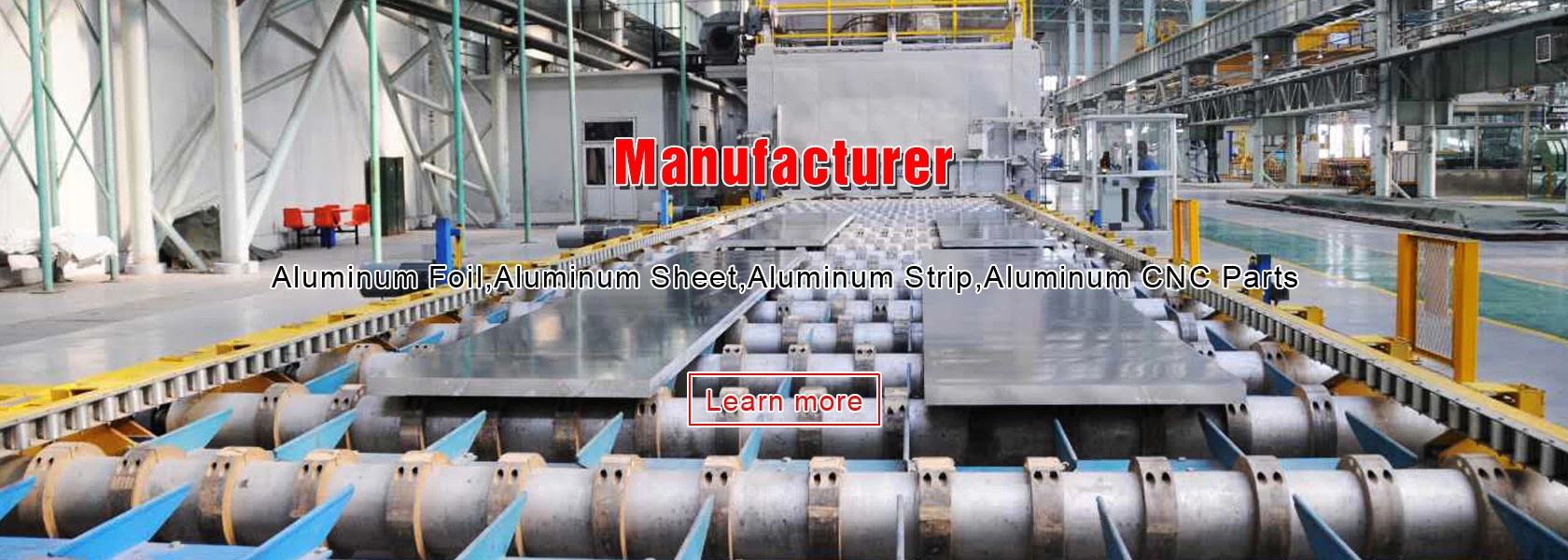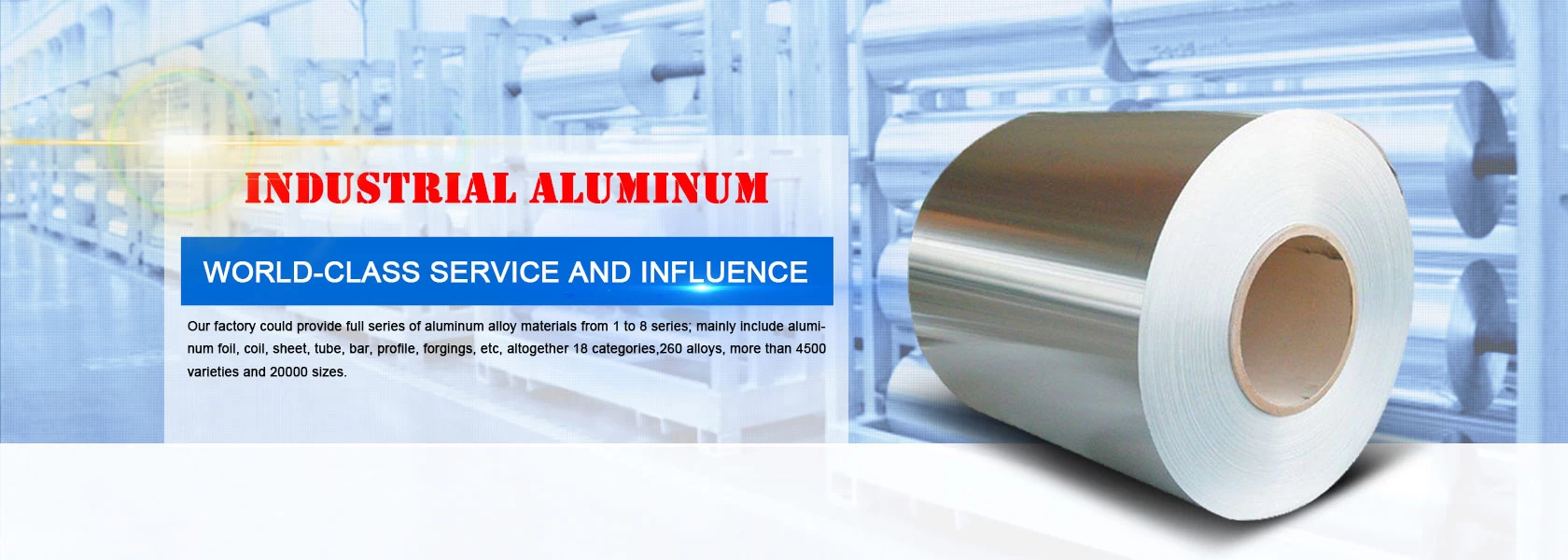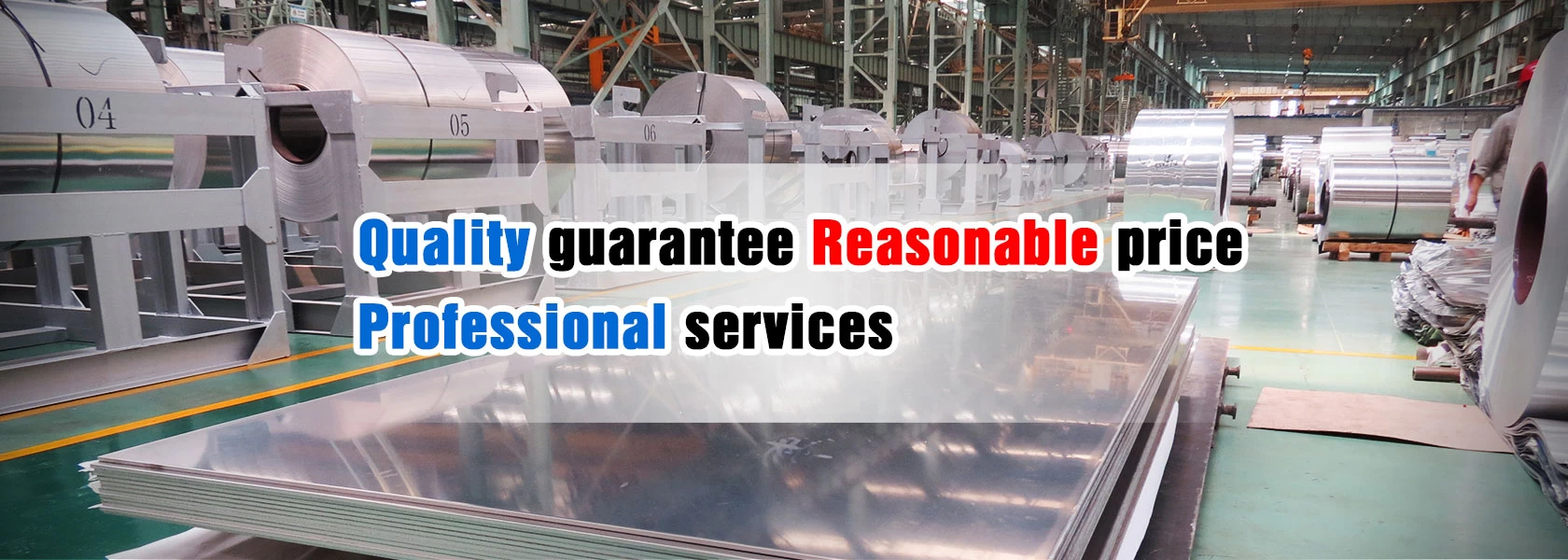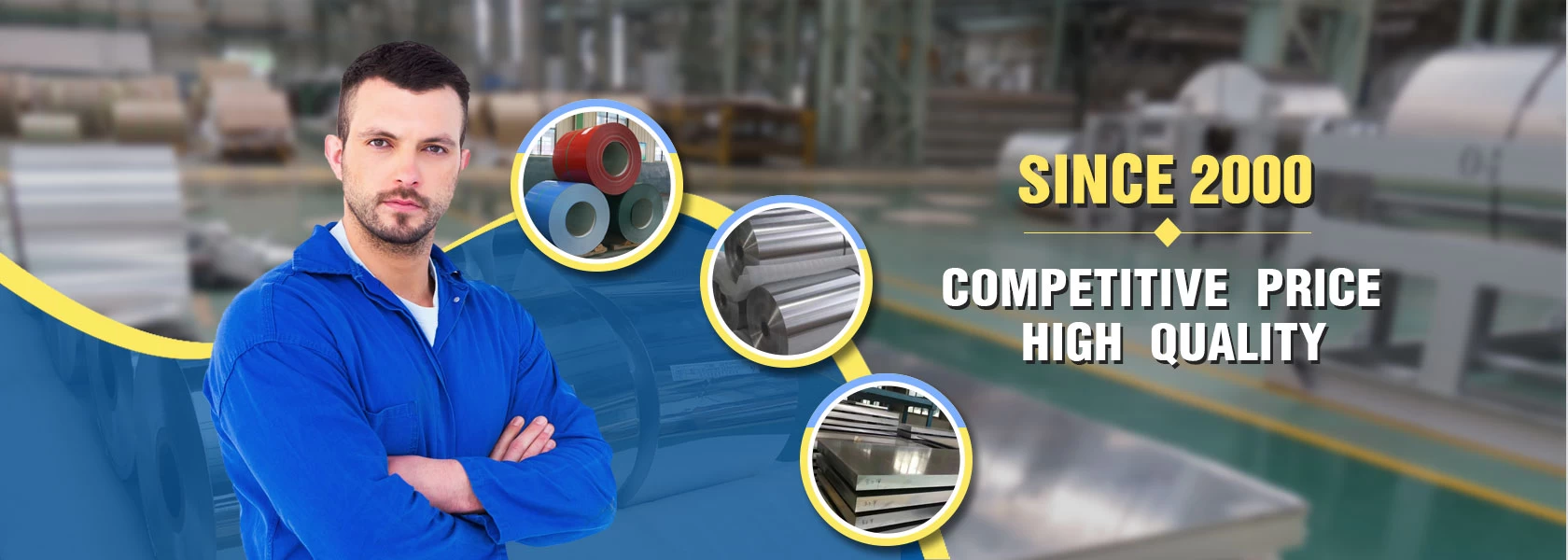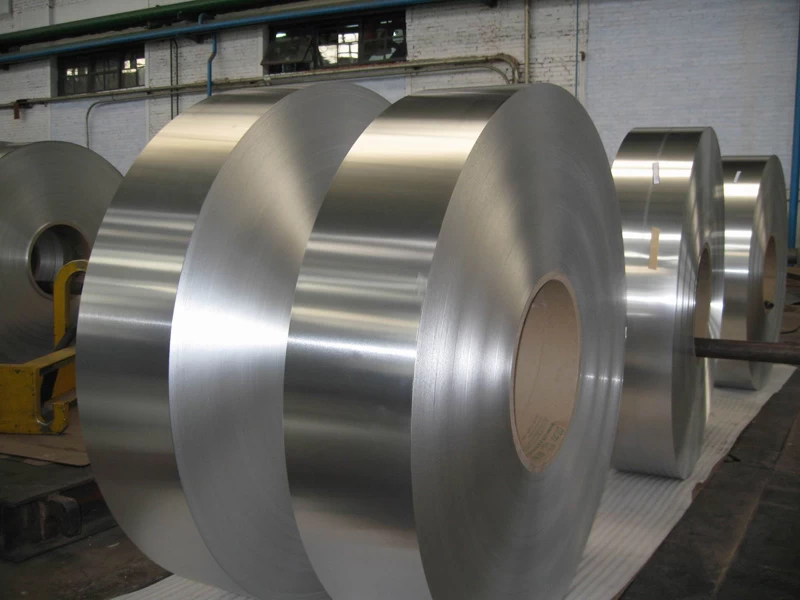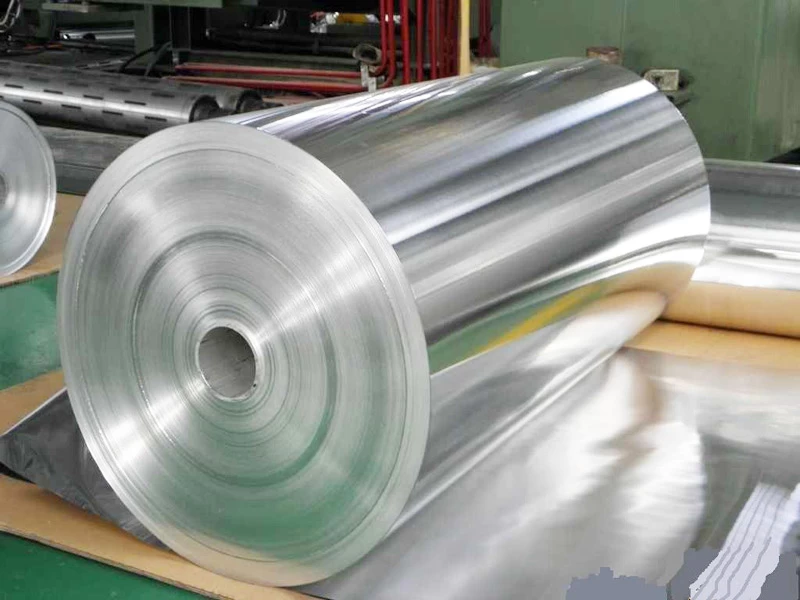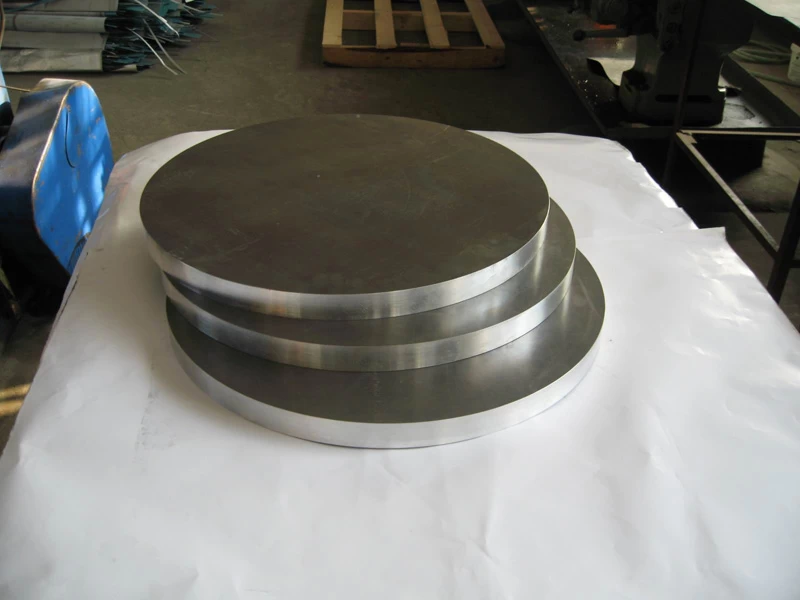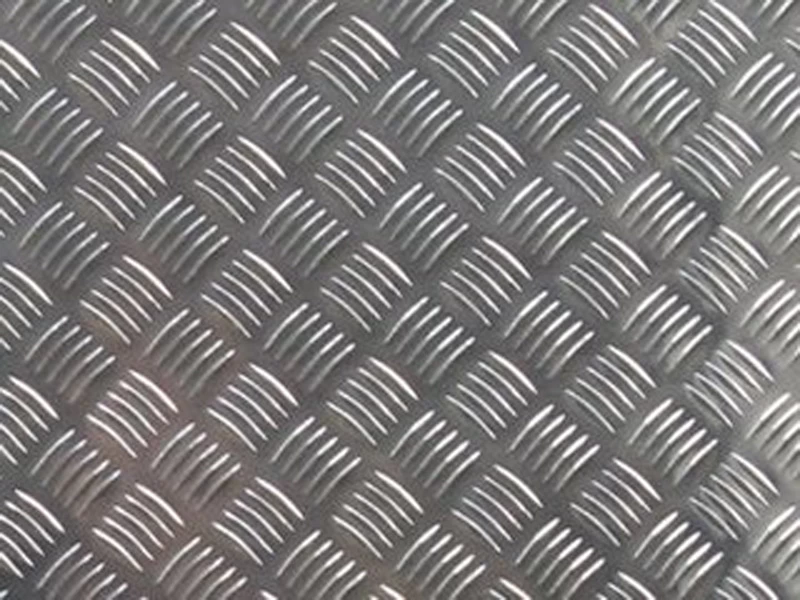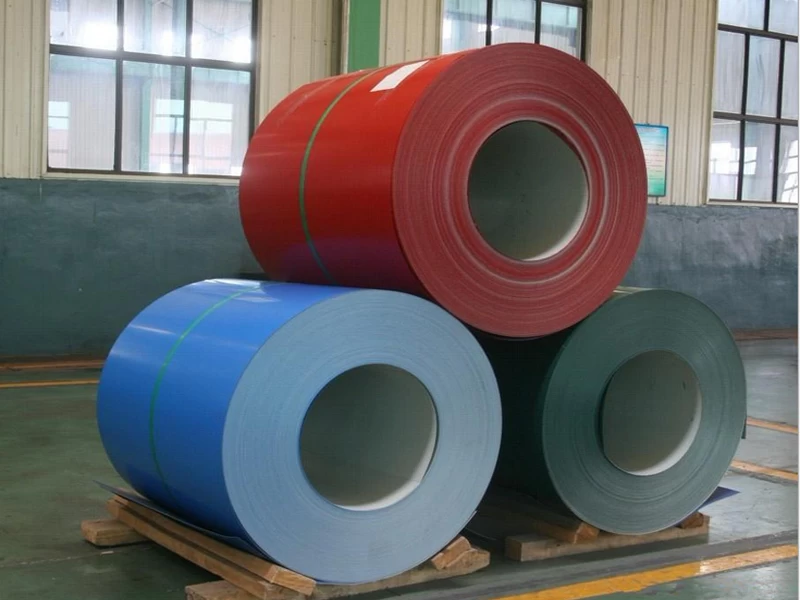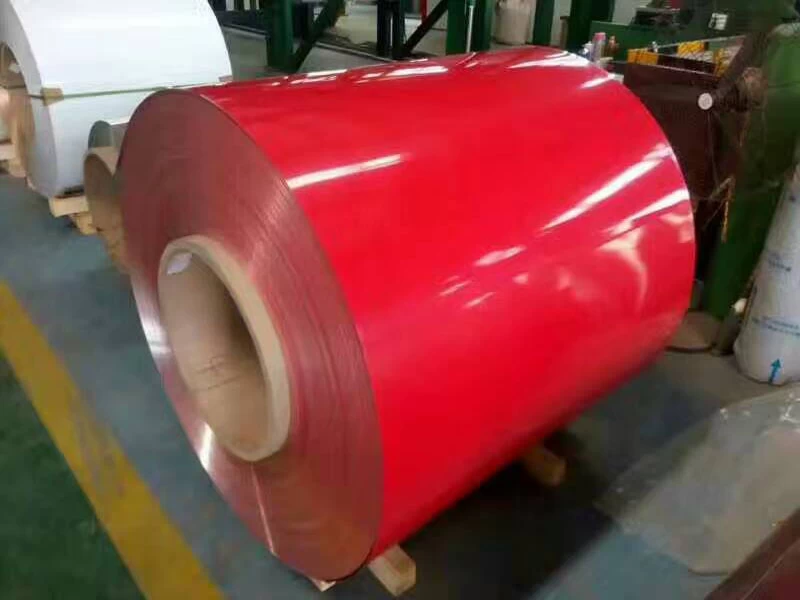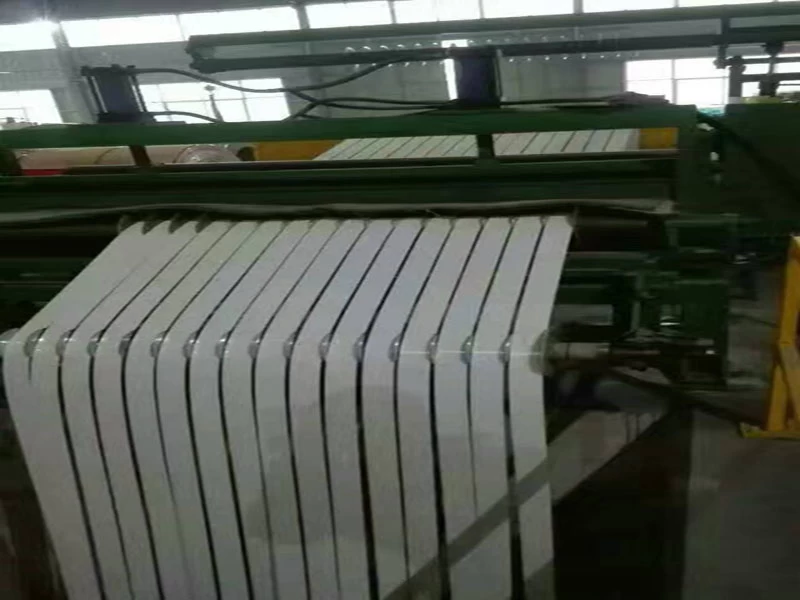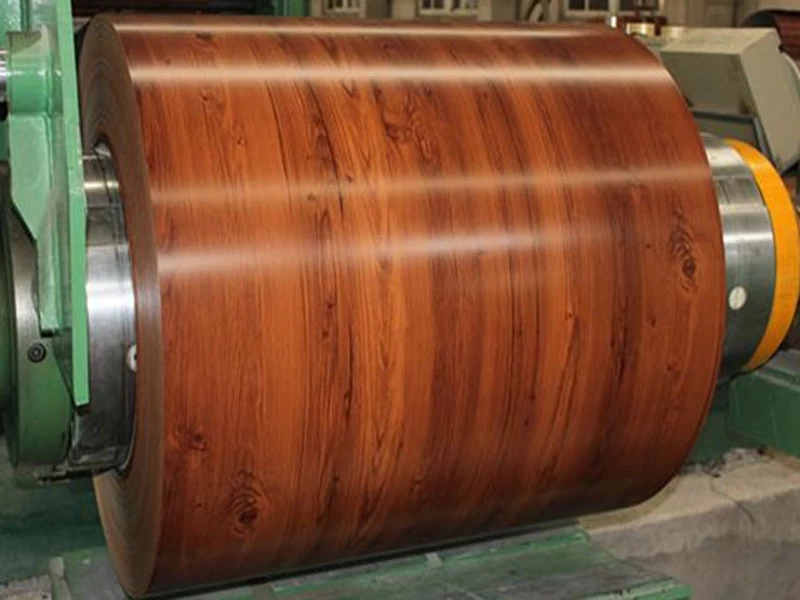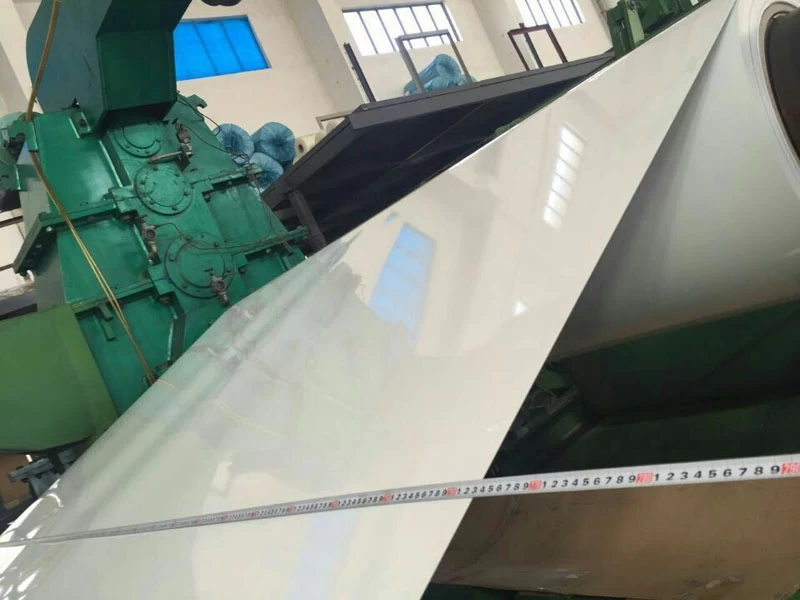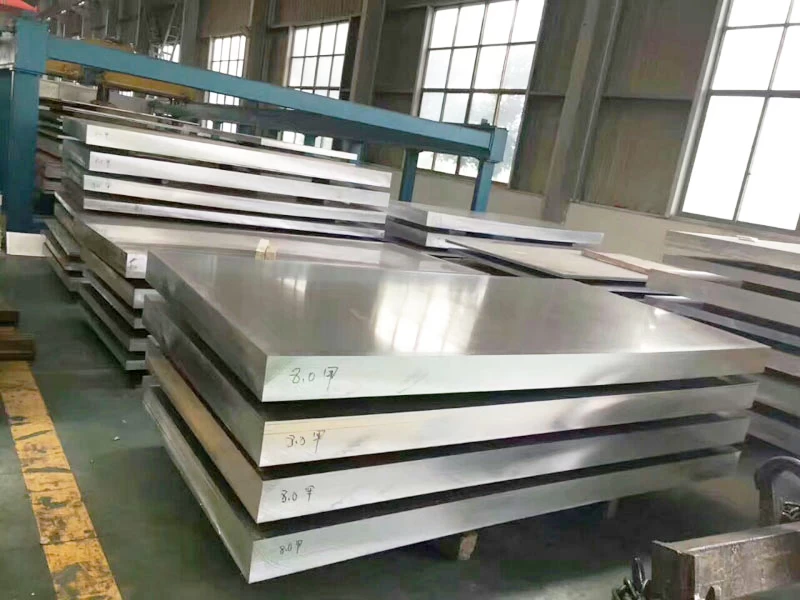Successful trial production of the first all aluminum body bus
Dong Xing
aluminummanufacturerchina.com
2018-03-09 09:43:10
The vehicle has a weight reduction of 400kg, a power consumption of 3.6-7.2kwh per hundred kilometers, and a residual value of more than 8,000 yuan for body recovery. On January 31st, the first “Aluminium Southwest China Aluminum” all-aluminum passenger car was successfully assembled at Chinalco Southwest Aluminium Electromechanical Equipment Co., Ltd. It also marked a breakthrough in the cooperation between Chinalco Group and Bandu Bus Company. .
It is understood that the Yandu Bus Project is one of the key projects of Southwest China Aluminum. The project is supported by the China Aluminum(Aluminum sheet manufacturer china) Research Institute of Applied Materials, and Chinalco Southwest Aluminum manufactures them. Peng Bing, Party Committee Secretary and Chairman of Chinalco Southwest Aluminum Electromechanical Equipment Co., Ltd., briefed the reporter that the passenger car body of this trial production is about 7.9 meters long, about 2.4 meters wide, and about 3 meters high. It will be mainly used in the city's pure electric new The energy bus is a lightweight, environmentally friendly passenger car with zero emissions.
 It has a total of 69 passengers, a cruising range of 260 km (constant speed, uniform speed of 40), and a power consumption of 0.48 kwh per kilometre. According to the charge of electric vehicles, which is 1.3 to 1.5 yuan per kwh, the energy consumption cost is 0.62 to 0.72 yuan. / km.
It has a total of 69 passengers, a cruising range of 260 km (constant speed, uniform speed of 40), and a power consumption of 0.48 kwh per kilometre. According to the charge of electric vehicles, which is 1.3 to 1.5 yuan per kwh, the energy consumption cost is 0.62 to 0.72 yuan. / km.
Wang Jinghai, deputy director of China Aluminum Materials Institute, told reporters: The prototype passenger car adopts an all-aluminum(Aluminum coil for car parts 3004) body frame, the body base adopts a steel structure, and the body frame adopts a welding and riveting structure, which is a full load-carrying structure passenger car. Compared with ordinary passenger cars, the structural design of the all-aluminum body frame greatly reduces the weight of the passenger car and reduces the energy consumption of the car. Compared with the traditional steel structure of the same class of passenger vehicles, the vehicle has a weight loss of 400kg and a hundred kilometers reduces the power consumption by 3.6-7.2kwh. Dean Wang said that after the quality of the car is reduced, the inertia of the vehicle itself will be reduced accordingly, which can effectively reduce the braking distance, and it will help improve the acceleration performance, reduce noise and improve vibration, and improve the safety of the car. Driving and comfort.
At the same time, the car is highly resistant to corrosion. Because 5754H22 aluminum plate has extremely strong corrosion resistance, the service life can reach more than 15 years. Using this kind of vehicle will reduce the after-sale maintenance cost. Not only that, it also has a high recovery salvage value that can be recycled. Wang Jinghai explained that the recovery rate of aluminum alloy car body materials is as high as 95%. Take this 8.5-meter passenger car as an example. Based on the current market price, the car body recovery residual value can reach more than 8,000 yuan. He said that the advantage of aluminum is that it is highly recyclable and can be recycled over and over again. Compared with the production of primary aluminum, recycled aluminum has no effect on the performance of aluminum, and the loss of oxidation during remelting and remelting is only 2% to 3%. Each cycle of regeneration can save about 95% of energy, and reduce the corresponding carbon dioxide emissions. This is of great significance to building a low-carbon economy.
It is understood that the Yandu Bus Project is one of the key projects of Southwest China Aluminum. The project is supported by the China Aluminum(Aluminum sheet manufacturer china) Research Institute of Applied Materials, and Chinalco Southwest Aluminum manufactures them. Peng Bing, Party Committee Secretary and Chairman of Chinalco Southwest Aluminum Electromechanical Equipment Co., Ltd., briefed the reporter that the passenger car body of this trial production is about 7.9 meters long, about 2.4 meters wide, and about 3 meters high. It will be mainly used in the city's pure electric new The energy bus is a lightweight, environmentally friendly passenger car with zero emissions.

Wang Jinghai, deputy director of China Aluminum Materials Institute, told reporters: The prototype passenger car adopts an all-aluminum(Aluminum coil for car parts 3004) body frame, the body base adopts a steel structure, and the body frame adopts a welding and riveting structure, which is a full load-carrying structure passenger car. Compared with ordinary passenger cars, the structural design of the all-aluminum body frame greatly reduces the weight of the passenger car and reduces the energy consumption of the car. Compared with the traditional steel structure of the same class of passenger vehicles, the vehicle has a weight loss of 400kg and a hundred kilometers reduces the power consumption by 3.6-7.2kwh. Dean Wang said that after the quality of the car is reduced, the inertia of the vehicle itself will be reduced accordingly, which can effectively reduce the braking distance, and it will help improve the acceleration performance, reduce noise and improve vibration, and improve the safety of the car. Driving and comfort.
At the same time, the car is highly resistant to corrosion. Because 5754H22 aluminum plate has extremely strong corrosion resistance, the service life can reach more than 15 years. Using this kind of vehicle will reduce the after-sale maintenance cost. Not only that, it also has a high recovery salvage value that can be recycled. Wang Jinghai explained that the recovery rate of aluminum alloy car body materials is as high as 95%. Take this 8.5-meter passenger car as an example. Based on the current market price, the car body recovery residual value can reach more than 8,000 yuan. He said that the advantage of aluminum is that it is highly recyclable and can be recycled over and over again. Compared with the production of primary aluminum, recycled aluminum has no effect on the performance of aluminum, and the loss of oxidation during remelting and remelting is only 2% to 3%. Each cycle of regeneration can save about 95% of energy, and reduce the corresponding carbon dioxide emissions. This is of great significance to building a low-carbon economy.

